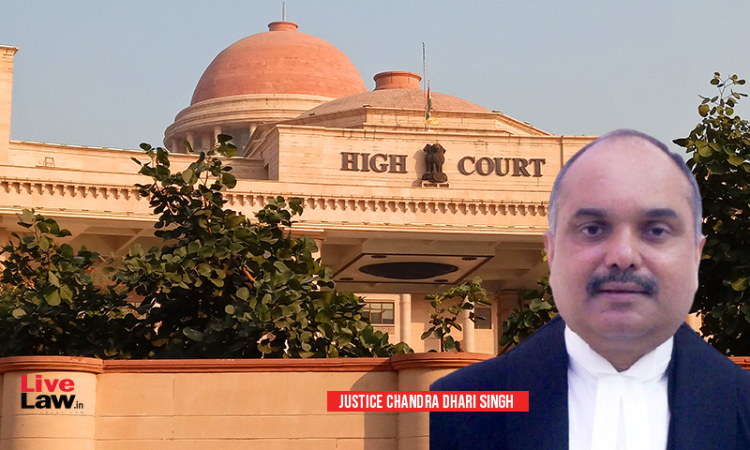Central Council Of Homoeopathy Falls Within Definition Of “Industry” Under ID Act: Delhi High Court
Udai Yashvir Singh
2 Jun 2024 11:30 AM IST

Next Story
2 Jun 2024 11:30 AM IST
A single judge bench of the Delhi High Court comprising of Justice Chandra Dhari Singh in the case of Central Council of Homoeopathy vs Vijay Singh has held that the Central Council of Homoeopathy falls within definition of “Industry” under Industrial Disputes Act, 1947Background FactsVijay Singh (Respondent) was appointed as a temporary stenographer with the Central Council of...
